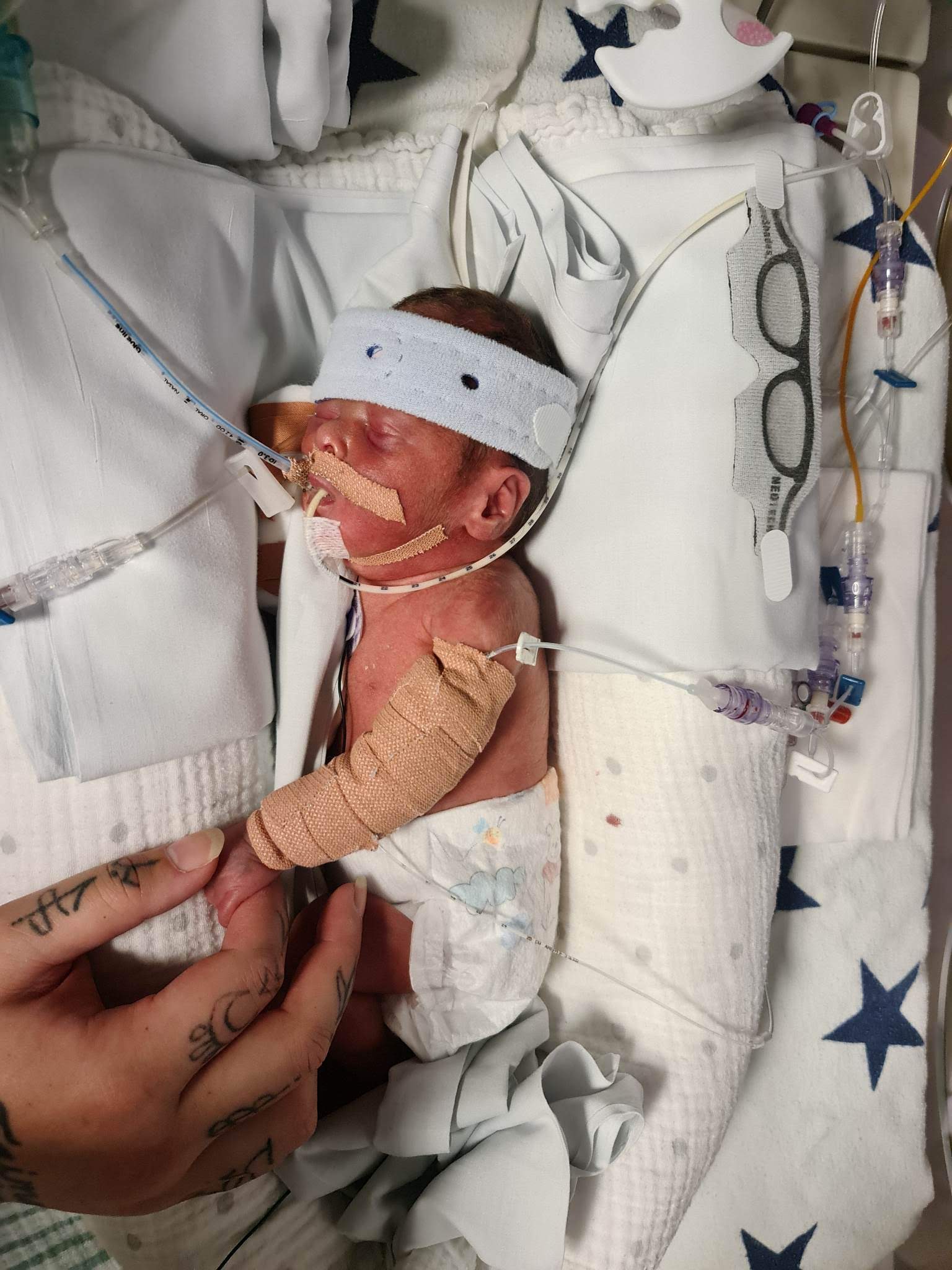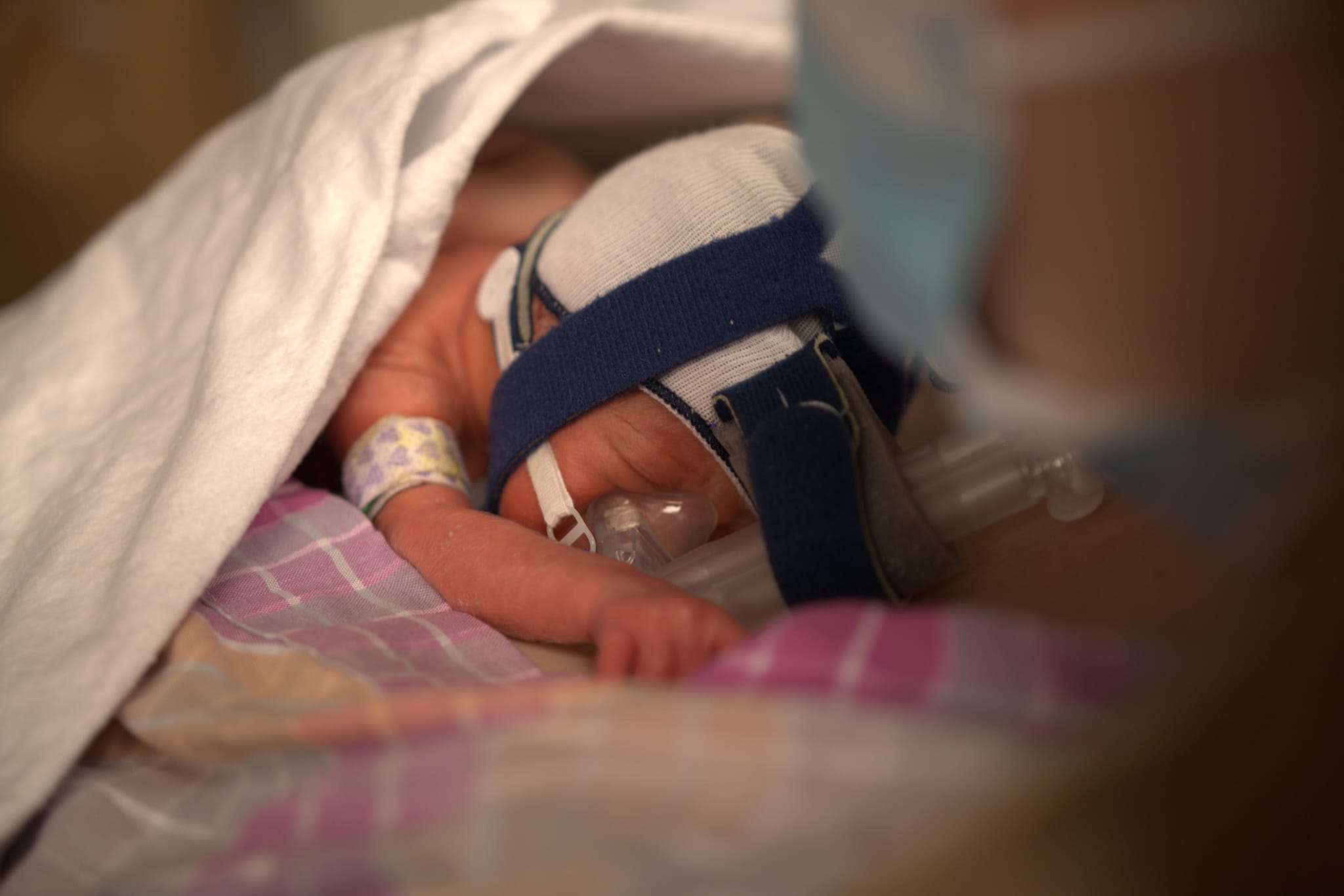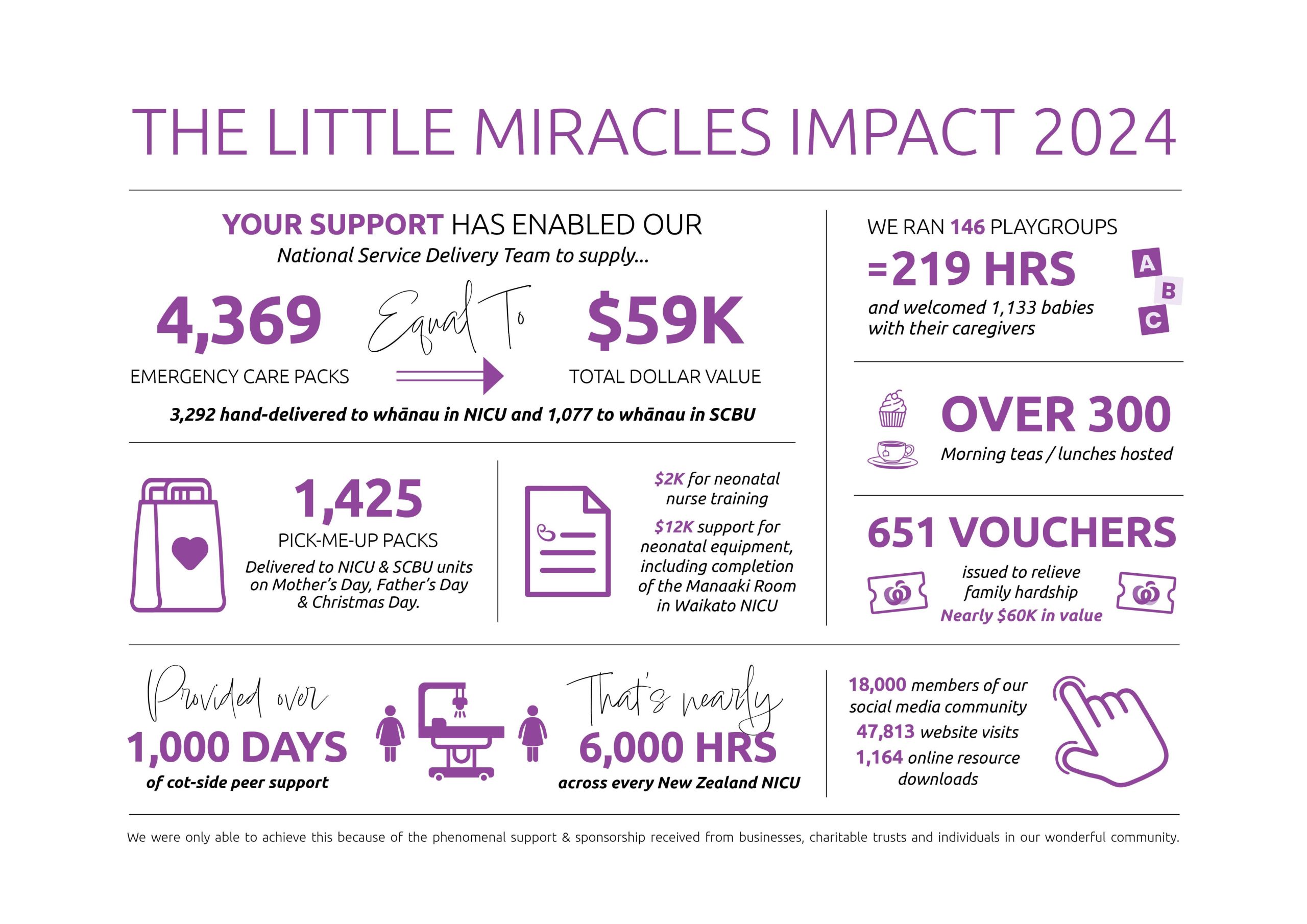World Prematurity Day – 17 November
World Prematurity Day on 17 November is one of the most important days in the year to raise awareness of the challenges and burden of preterm birth globally. .
The day was initiated by EFCNI and partnering European parent organisations in 2008. The international co-founders LittleBigSouls (Africa), March of Dimes (USA) and National Premmie Foundation (Australia) joined the celebrations and made World Prematurity Day an intercontinental movement. Meanwhile, countless individuals and organisations from more than 100 countries join forces with activites, special events and commit to action to help address preterm birth and improve the situation of preterm babies and their families.
The Little Miracles Trust is one of a growing number of support organisations worldwide now aligned and supporting World Prematurity Day.
See Celine Dion’s support message from 2013 here.
Worldwide, one baby in ten is born premature: every year, about 15 million (data from 2012) children are born too early.
World Prematurity Day on 17 November aims to raise awareness of prematurity and the concerns of preterm babies and their families worldwide because infants born preterm represent the largest child patient group. This year The Little Miracles Trust will be organising a number of activities based around World Prematurity Day, including:
Thanking our neonatal nurses
As part of our World Prematurity Day celebrations, we’re co-ordinating volunteers to help us provide morning or afternoon teas for all of the neonatal units throughout New Zealand. We’ll be providing purple (the colour of World Prematurity Day) balloons, streamers, tablecloths, etc. If you’d like to be one of our volunteer bakers for this event, please email us info@littlemiraclestrust.org.nz
Sharing personal stories – Giving hope & encouragement and raising awareness
Neonatal journeys can be full of stress and anxiety. Due to this, providing hope and encouragement to parents on a neonatal journey is key. We receive a lot of positive feedback from families in a neonatal unit who read the stories we help to share. If you’d like to share your story, please contact us info@littlemiraclestrust.org.nz
Lighting Up Purple
In support, of World Prematurity Day, landmarks around the world are `lighting up’ purple to raise awareness of the 15 million babies born prematurely each year and the one million of these babies who sadly lose their fight for life.
New Zealand will be joining this initiative and during the month of November you’ll be able to see various landmarks across the Country lit up purple to honour this day. More details on this can be viewed on our Lighting Up Purple page and be sure to watch our Facebook page to see what’s happening in your town!

What is a premature birth?
A premature birth is when a baby is born before the end of the 37th week of pregnancy. A normal pregnancy lasts 40 weeks. Premature babies generally weigh less than 2,500 grams. The lowest-weight premature baby to survive was born in 2006 in the 22nd week of the pregnancy. At that point, the baby weighed 280 grams and was 24 cm long.
Causes
A problem in researching the causes is inadequate statistical and other data. The 2010 worldwide data available reveals that the most frequent causes of premature births are:
- vaginal infections are responsible for about 50 per cent of premature births. They progress up the vagina and trigger contractions which cannot be stopped;
- smoking, diet and stress can likewise be causes;
- elderly prima gravida (mother carrying her first child is older than 35 years);
- multiple births, also as a result of fertility treatments.
An early birth can mean a lifetime of disabilities
While other parents are counting happy milestones — baby’s first smile, first tooth, first steps — the parents of premature babies are counting heartbeats. Premature babies aren’t just small, they often face ongoing health challenges. More newborns die from premature birth than from any other cause.
The probability of permanent damage is high. The most common late-onset consequences are:
- developmental delays;
- chronic diseases of the respiratory tract;
- motor disorders;
- attention disorders.
Funding is needed here in New Zealand to improve the support provided to neonatal families, the people who care for them and to fund much needed research to identify the causes of premature birth, and develop treatments and preventions. Raising awareness of premature birth is the first step to defeating it.
Latest News
The life of Rome Te Awanuiarangi Morgan
As told by mum, K'Larose After a spontaneous premature birth with my first born (who also spent 8 weeks in Wellington Hospital NICU) at 30 weeks. Then going on to lose 2 more babies after my first, due to issues with PPROM (Pre-term premature rupture of membranes)....
Our Adeline
As told by mum, Jess, Leading up to her birth I was much sicker than previous pregnancies. I was in and out of hospital for the first 20 weeks. As my pregnancy progressed I was able to manage my sickness and it eased a bit. When labour began my husband and I...
Annual Report 2024
We are delighted to share with you the Little Miracles Trust Annual Report for 2024, a comprehensive reflection of the impact we've made over the past year. This report captures the essence of our mission - supporting neonatal families during some of the most...



